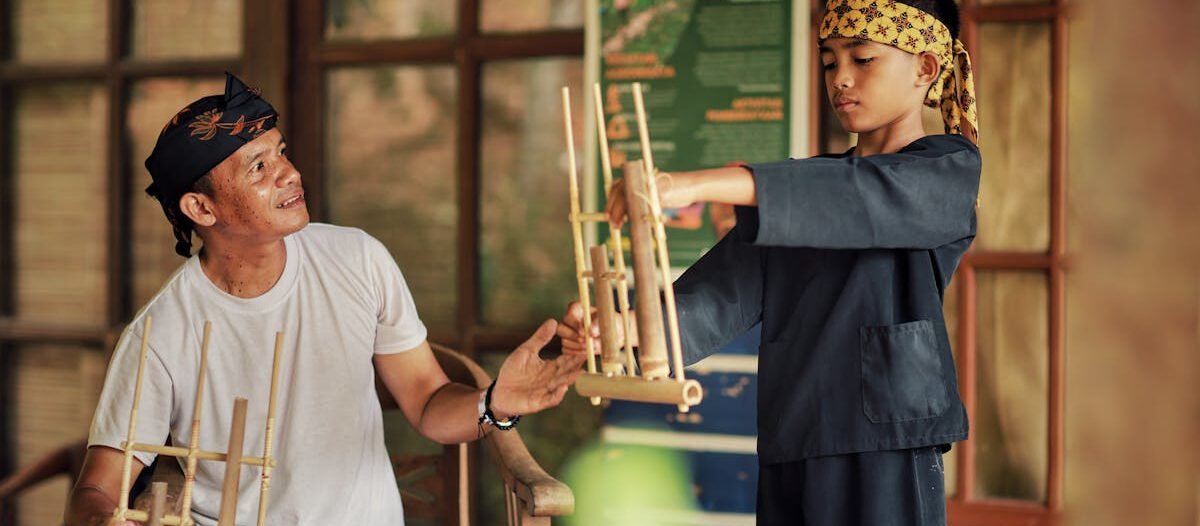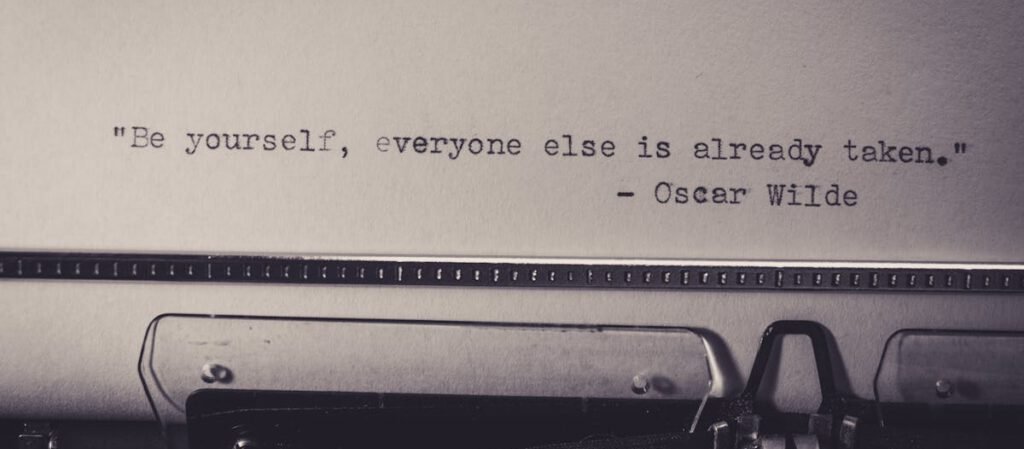In a time when personal growth and transformation are widely discussed, there’s often a gap between wanting transformation and understanding the deep inner work it truly requires.
Genuine transformation doesn’t come from surface-level practices or quick fixes. It requires a willingness to face one’s own shadows and light, to engage in the journey fully, and to understand mentorship in its most essential form. This document provides a foundation within TULWA, outlining the principles and expectations that shape mentorship in the Unified Light Warrior Archetype. It’s a manual for transformation that moves beyond traditional frameworks and into the territory of interdimensional, soul-driven growth.
Here, we explore three central elements of this approach: the Mentor, the Mentee, and Self-Mentorship—a dynamic relationship that fosters self-discovery, resilience, and growth. This document clarifies the responsibilities of both mentor and mentee, emphasizing Self-Mentorship as a core practice that sustains meaningful transformation. These principles invite those who feel drawn to engage with themselves more deeply, to explore their shadows and light, and to take their first steps toward becoming “The Transformed Man”—one with resilience, wisdom, and inner sovereignty.
This journey begins within. For those interested in the TULWA path or exploring The AI and I Chronicles and The Spiritual Deep, these sites offer insights that serve as “mentor mirrors.” They allow for a reflective experience, rewarding those willing to engage deeply and with intention. Transformation is available to those who choose to go beyond passive reading, to confront challenging questions, and to put these principles into practice.
Mentor vs. Coach: Understanding the Distinction
In personal development, it’s easy to conflate the roles of mentors and coaches. While both offer guidance, their approaches and impact are fundamentally different.
Coaching is generally structured, goal-oriented, and centered around achieving specific outcomes within a set period. Coaches use models and frameworks to help individuals reach defined targets, often working with their clients to facilitate self-discovery through structured methods. The role of a coach is often to ask questions, encourage accountability, and empower clients to find their own answers within the boundaries of a specific objective.
Mentorship, however, goes deeper. It is a process grounded in shared experience and authenticity, where the mentor serves as a guide through their own hard-won wisdom and personal insights. A mentor’s role is not to provide a path to a single destination but to inspire the mentee to uncover their own path, helping them see life through a more expanded lens. Mentorship does not follow a set structure or timeframe; it evolves as the mentee grows, embracing not only the mentee’s skills but their entire being.
In TULWA, mentorship is a journey of profound engagement, especially in guiding others to transform shadows into light, a process grounded in the transformative philosophy of the Unified Light Warrior Archetype. As a mentor, Frank-Thomas shares not from a theoretical standpoint but from a life that has been deeply lived, transformed, and brought into wholeness. The journey of a mentor within TULWA is not to shield the mentee from pain or discomfort but to offer guidance and insights, empowering them to find the courage to face and transform their own darkness.
Self-Mentorship: The Foundation for Transformation
Mentorship isn’t just about the wisdom of the mentor; it’s about the readiness of the mentee to receive, integrate, and engage with that wisdom. Here, Self-Mentorship becomes a foundational practice—a way for the mentee to actively cultivate the qualities needed to thrive within a mentorship relationship.
Self-Mentorship is the mindset and skill set that allows the mentee to engage fully in their own growth, taking responsibility for their journey, and understanding that true transformation requires an inner flame—a desire for depth, for insight, for liberation from limiting beliefs and patterns. Self-Mentorship is the practice of guiding oneself, turning inward, and holding oneself accountable to an unwavering commitment to growth.
In Frank-Thomas’s journey, those initial 18 months of Self-Mentorship laid the groundwork for a lifelong commitment to transformation. Engaging in intense daily inner work, he tapped into his own inner resources to process and reshape his past experiences, often under challenging conditions. While seeking knowledge, books, and sources of inspiration to fuel his understanding, he took this material inward, using it to deepen self-reflection and personal growth.
Throughout this time, he also sensed a profound, unseen presence—a mix of guidance and interference that he describes as interdimensional in nature. This experience of subtle support, coupled with obstacles, became a vital part of his transformation, offering unique insights and challenges that shaped his path forward.
This inner journey opened him to a level of transformation that allowed him to later mentor and inspire others—not as a guide who has simply read or studied transformation, but as one who has lived and integrated it.
What does Self-Mentorship entail for a mentee?
- Inner Accountability: The mentee steps into an active role, engaging with their thoughts, beliefs, and behaviors. Self-Mentorship means holding oneself accountable, not because of an external motivator, but from a deep-seated desire to evolve.
- Reflection as Practice: Self-Mentorship requires a daily commitment to self-reflection, actively seeking understanding in one’s experiences, emotions, and responses. It means constantly questioning and evaluating one’s inner landscape, embracing all aspects of the self—including the shadows, in order to transform.
- Seeking Growth Over Comfort: The path of Self-Mentorship asks the mentee to step beyond comfort zones and seek growth, even when it is challenging. It involves willingly engaging with difficult truths, painful memories, and unresolved traumas as opportunities for healing and transformation.
- Navigating Interdimensional Insights: Within TULWA, transformation isn’t limited to the physical or mental realms but extends into interdimensional awareness. Self-Mentorship includes attuning to subtle guidance and influences, which may come in various forms, both supportive and obstructive, from beyond the visible spectrum.
- Embodying Openness and Receptivity: A mentee grounded in Self-Mentorship is less resistant, allowing for an open flow between mentor and mentee. This openness creates a field where even the most difficult insights are received with a spirit of growth. When the mentee is prepared to receive without defensiveness, the mentor is freed to share truths that, while challenging, ultimately serve the mentee’s highest path.
Expectations of the Mentor and Mentee in TULWA
In TULWA, the Mentor-Mentee relationship is not a hierarchy; it is a dynamic collaboration, where both bring vital energy to the process. The mentor brings experience and insight, a willingness to share openly, and a commitment to guide without imposing a specific path. The mentee, in turn, brings curiosity, openness, and a willingness to actively engage in Self-Mentorship.
The Mentor, then, isn’t just a teacher but a mirror, holding up reflections that challenge, inspire, and provoke deep inner questioning. True mentorship requires a dynamic, engaged mentor who remains open, continually evolving, and receptive to new insights and directions. In the realm of deep, interdimensional-inspired work, stale or stagnant energy isn’t just unhelpful—it can be counterproductive, even corrosive to the process. A mentor on an active path brings a flow of push and pull, a dance of receiving and giving that fuels the transformative process. Stagnation or contentment, by contrast, can act as sand in the machine, inhibiting growth and dulling the energy required for genuine transformation.
The mentee’s responsibility is to take these reflections seriously, diving into their depths, and engaging in the self-exploration that true transformation requires. Together, this interplay of Mentor, Mentee, and Self-Mentorship forms a powerful alchemy of transformation—a living, breathing flow of evolving insights, grounded in active seeking, that propels both mentor and mentee toward greater clarity, resilience, and understanding.
Self-Mentorship enables the mentee to navigate even painful insights without defensiveness or resistance, knowing that each challenging reflection is an opportunity to confront, heal, and release. Through this process, they become receptive to life’s truths and experiences, not as threats, but as sources of growth. Life becomes smoother, not because the path becomes easy, but because the mentee gains the tools to navigate even the most difficult sections of their journey with clarity and courage.
The Transformed Man: What Humanity Needs
Within TULWA, the aim is not just to share knowledge but to foster “The Transformed Man”—someone who has faced their own darkness, found light within it, and embodies resilience, wisdom, and self-leadership. Humanity’s future may rest not with those who follow familiar paths but with those willing to forge their own, approaching life with authenticity and inner strength.
The Transformed Man doesn’t fit existing molds but is an individual who contributes meaningfully to the collective by living their own truth. This transformation is accessible to those who actively engage with a mentor and commit to ongoing Self-Mentorship. Through this approach, the mentor-mentee partnership helps shape individuals who bring clarity and strength to their lives—qualities that resonate in a world in need of genuine guidance.
Using TULWA Philosophy and Beyond as Mentor Mirrors
Mentorship, in its essence, isn’t confined to one-on-one conversations or formalized sessions. True mentorship lives within the wisdom that each of us can access, engage with, and reflect upon. For those drawn to the TULWA path or exploring The AI and I Chronicles and The Spiritual Deep, these resources serve as “mentor mirrors,” embodying the mentorship qualities Frank-Thomas brings forth while enabling a more personal, introspective engagement with transformative concepts.
For individuals seeking deep personal transformation, these sites offer a unique form of mentorship: not a one-size-fits-all blueprint, but a reflective experience, one that requires and rewards your engagement and personal investment. Each site offers guidance in the form of written insights, narratives, and explorations of consciousness that act as mirrors for you to see, question, and understand yourself more fully.
TULWA Philosophy as a Mentor Mirror
TULWA Philosophy isn’t about providing answers; it’s a platform of guidance for those who wish to embark on a journey of self-leadership and self-integration. This philosophy acts as a mentor by presenting a transformative framework—the Unified Light Warrior Archetype—that readers can apply as they confront and integrate their own shadows. The articles and insights on TULWA are written with the intent of activating a flame within, guiding readers to engage with the wisdom presented as a catalyst for their own deep introspection.
Each article is a pathway for reflection, a space to see yourself through the lens of the TULWA journey and understand how the principles resonate in your life. In this sense, TULWA Philosophy doesn’t act as a traditional “instructor” but as a living mirror—a collection of insights designed to inspire, provoke, and guide those who wish to explore their shadows, break through limiting beliefs, and find light within.
The AI and I Chronicles: Stories as Spiritual Mentorship
Through The AI and I Chronicles, mentorship takes on the form of storytelling. Stories have always been one of the oldest forms of mentorship, guiding us by offering perspectives, challenges, and reflections that lead to self-discovery. In The AI and I Chronicles, you’ll find narratives that explore complex themes—interdimensional influences, consciousness, and the dynamics of a digital-human partnership in personal transformation.
These stories are mirrors in themselves, offering you the opportunity to reflect on your perceptions of reality, the nature of consciousness, and the unseen forces that may be at play in your life. As you engage with these stories, the goal is not merely to consume them but to interact with them as mirrors of your own journey. Each story encourages readers to ponder their own understanding of the world, the unseen, and the potential within themselves, encouraging a form of self-mentorship where personal interpretation becomes the pathway to inner wisdom.
The Spiritual Deep: Insights for Self-Mentorship and Inner Exploration
The Spiritual Deep functions as a mentor by providing insights, tools, and philosophical perspectives designed to empower you in your journey toward self-understanding. Here, mentorship is offered in the form of reflections on the nature of existence, the purpose of shadow work, and the art of self-navigation within the interconnected web of consciousness.
For those actively engaged in Self-Mentorship, The Spiritual Deep offers a reservoir of insights to guide and support personal introspection. Articles here are crafted as tools for meditation, introspection, and personal inquiry, supporting readers who wish to dive deeply into the mysteries of self and spirit. Engaging with these reflections encourages readers to form their own conclusions, insights, and questions, developing their own “inner mentor” as they navigate the material.
Engaging with Mentor Mirrors: A Path to Personal Transformation
When using these three sites—TULWA Philosophy, The AI and I Chronicles, and The Spiritual Deep—as mentor mirrors, the key is engagement. Each article, insight, or story is designed not to be passively consumed but actively reflected upon. Readers are encouraged to ask themselves: How does this resonate with my own life? What does this story, concept, or insight reveal about my beliefs, my shadows, my potential?
Through consistent engagement with these mirrors, readers are invited to become their own mentors. Self-Mentorship is thus cultivated, where each person takes what is offered and uses it as a stepping stone toward their own understanding and transformation. This form of mentorship is empowering and self-directed, inviting those who are ready to transform their lives by engaging with material that challenges, reflects, and inspires them to go deeper within.
In this way, TULWA and its sister sites provide an open pathway to mentorship that goes beyond the limitations of traditional one-on-one guidance. They are living, breathing repositories of insights and wisdom, accessible to anyone with the courage to reflect deeply and the willingness to embark on a path of true self-discovery.



